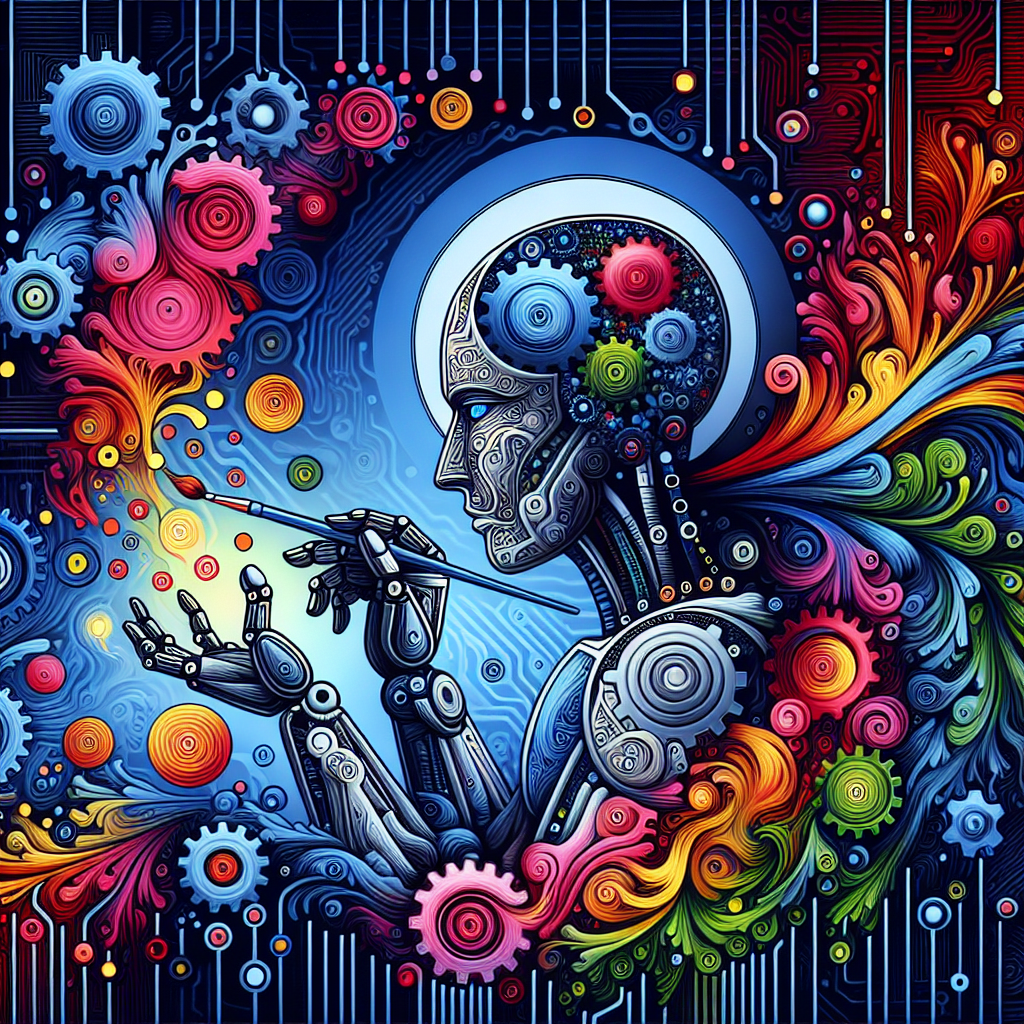Generative AI, also known as artificial intelligence, has been making waves in the creative industry in recent years. This technology is revolutionizing the way creative professionals work, by enabling them to generate new and innovative ideas with unprecedented speed and efficiency.
Generative AI works by using algorithms to generate new content based on a set of parameters or inputs. This can include anything from creating new music compositions, generating artwork, or even writing entire pieces of literature. The technology uses machine learning techniques to analyze and understand patterns in existing data, and then uses this information to create something new.
One of the most exciting aspects of generative AI is its ability to collaborate with humans in the creative process. By working alongside human creators, generative AI can help them explore new ideas and push the boundaries of what is possible. This can lead to truly unique and groundbreaking creative works that would not have been possible without the assistance of AI.
Generative AI is already being used in a variety of creative fields, from music and art to literature and design. For example, musicians are using AI algorithms to generate new melodies and harmonies, while artists are using AI to create unique visual artworks. Writers are also benefiting from generative AI, using it to help them brainstorm ideas, create outlines, and even write entire novels.
One of the key benefits of generative AI is its ability to save time and resources for creative professionals. By automating certain aspects of the creative process, AI can help creators focus on the more strategic and conceptual aspects of their work. This can lead to faster turnaround times, increased productivity, and ultimately, better creative output.
However, generative AI is not without its challenges. One of the main concerns surrounding this technology is the issue of ownership and copyright. Who owns the rights to a piece of music or art created by AI? This is a complex legal issue that is still being debated within the creative industry.
Despite these challenges, the potential of generative AI in revolutionizing the creative process is undeniable. As this technology continues to evolve and improve, we can expect to see even more groundbreaking and innovative works of art, music, literature, and design created with the help of AI. The power of generative AI is truly remarkable, and its impact on the creative industry is only just beginning to be realized.


Leave a Reply